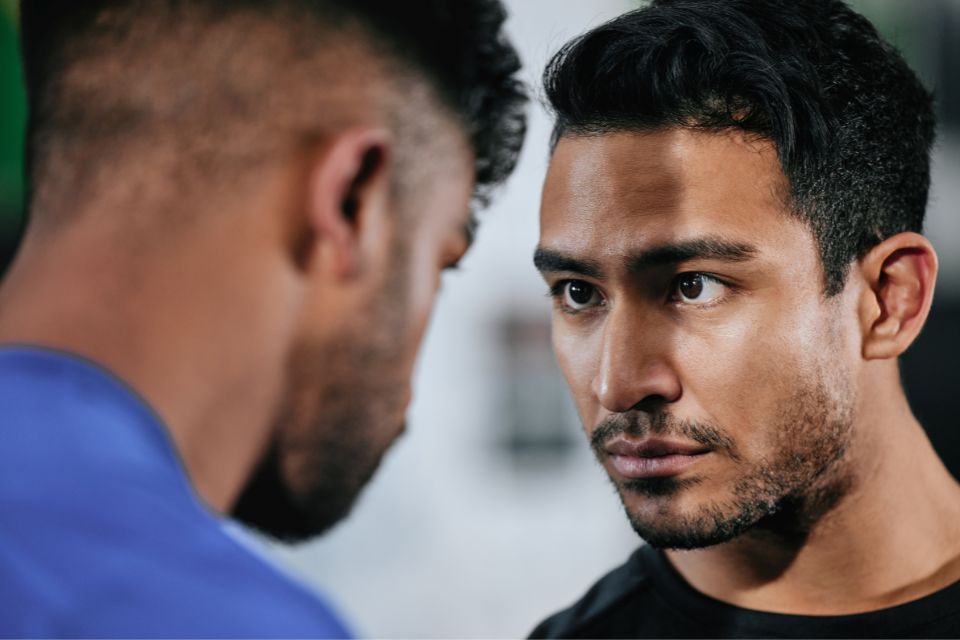
Dealing with toxic friends can be challenging but is essential for your mental and emotional well-being. Here are some strategies to handle such situations:
1. Identify Toxic Behavior
Recognize signs of toxic behavior, such as:
- Constant negativity or criticism
- Manipulative or controlling actions
- Lack of support or empathy
- Dishonesty or deceit
- Draining your energy and happiness
2. Set Boundaries
Establish clear boundaries to protect yourself. This might involve:
- Limiting the time you spend with them
- Avoiding certain topics of conversation
- Being firm about what you will and won’t tolerate
3. Communicate Your Feelings
Have an honest conversation with your friend about how their behavior affects you. Use “I” statements to express your feelings without blaming them:
- “I feel upset when…”
- “I need space when…”
4. Seek Support
Talk to other friends, family members, or a therapist about the situation. They can provide perspective, advice, and emotional support.
5. Evaluate the Friendship
Reflect on the value of the friendship and whether it’s worth maintaining. Ask yourself:
- Do they bring more harm than good into my life?
- Are they willing to change their behavior?
6. Distance Yourself
If the friendship is harmful and unlikely to improve, consider distancing yourself. This can be done gradually or abruptly, depending on the situation:
- Gradual distancing: Slowly reduce contact and interaction.
- Abrupt distancing: Clearly communicate your decision to end the friendship and cut off contact.
7. Focus on Self-Care
Prioritize your own well-being by engaging in activities that make you happy and healthy. Surround yourself with positive influences and supportive people.
8. Learn and Grow
Reflect on the experience to learn more about yourself and your boundaries. This can help you build healthier relationships in the future.
Sample Conversation
If you decide to talk to your friend, here’s an example of how to frame the conversation:
“Hey [Friend’s Name], I’ve been feeling [emotion] because of [specific behavior]. I value our friendship, but I need [specific need or boundary] to feel comfortable and supported. Can we talk about how we can improve our friendship?”
Conclusion
Remember that it’s okay to prioritize your own well-being. Friendships should be mutually supportive, and it’s important to surround yourself with people who uplift and respect you.
 Daryeel Magazine
Daryeel Magazine




